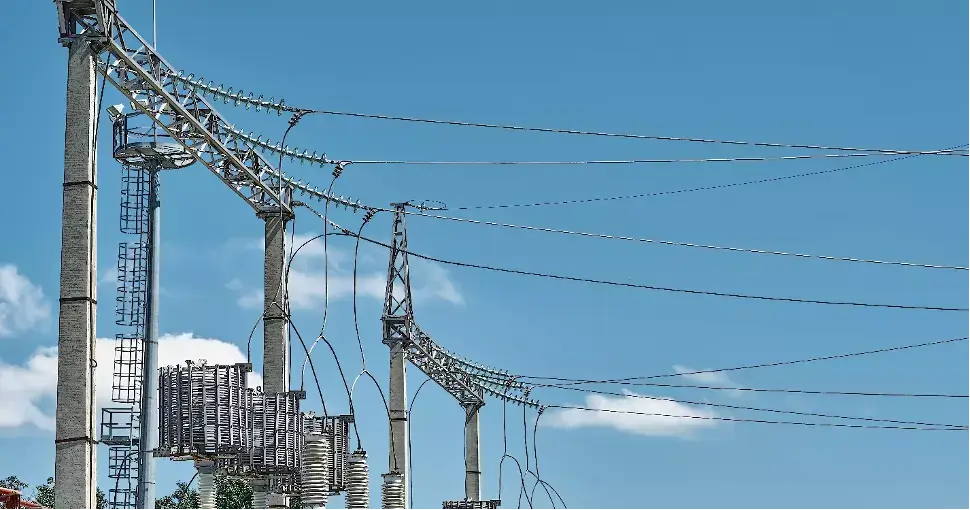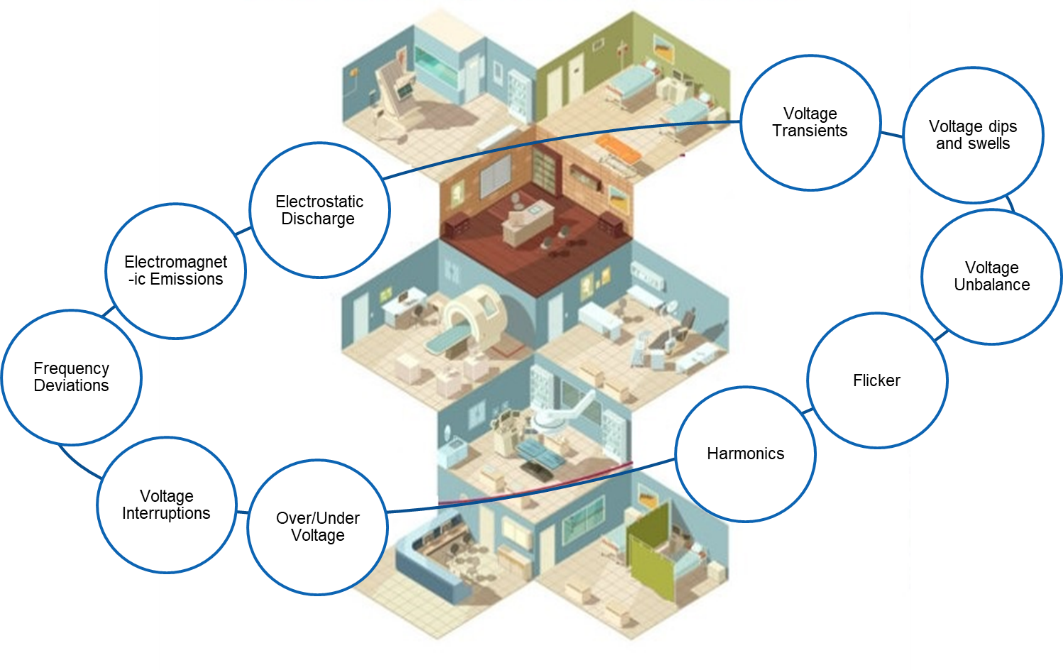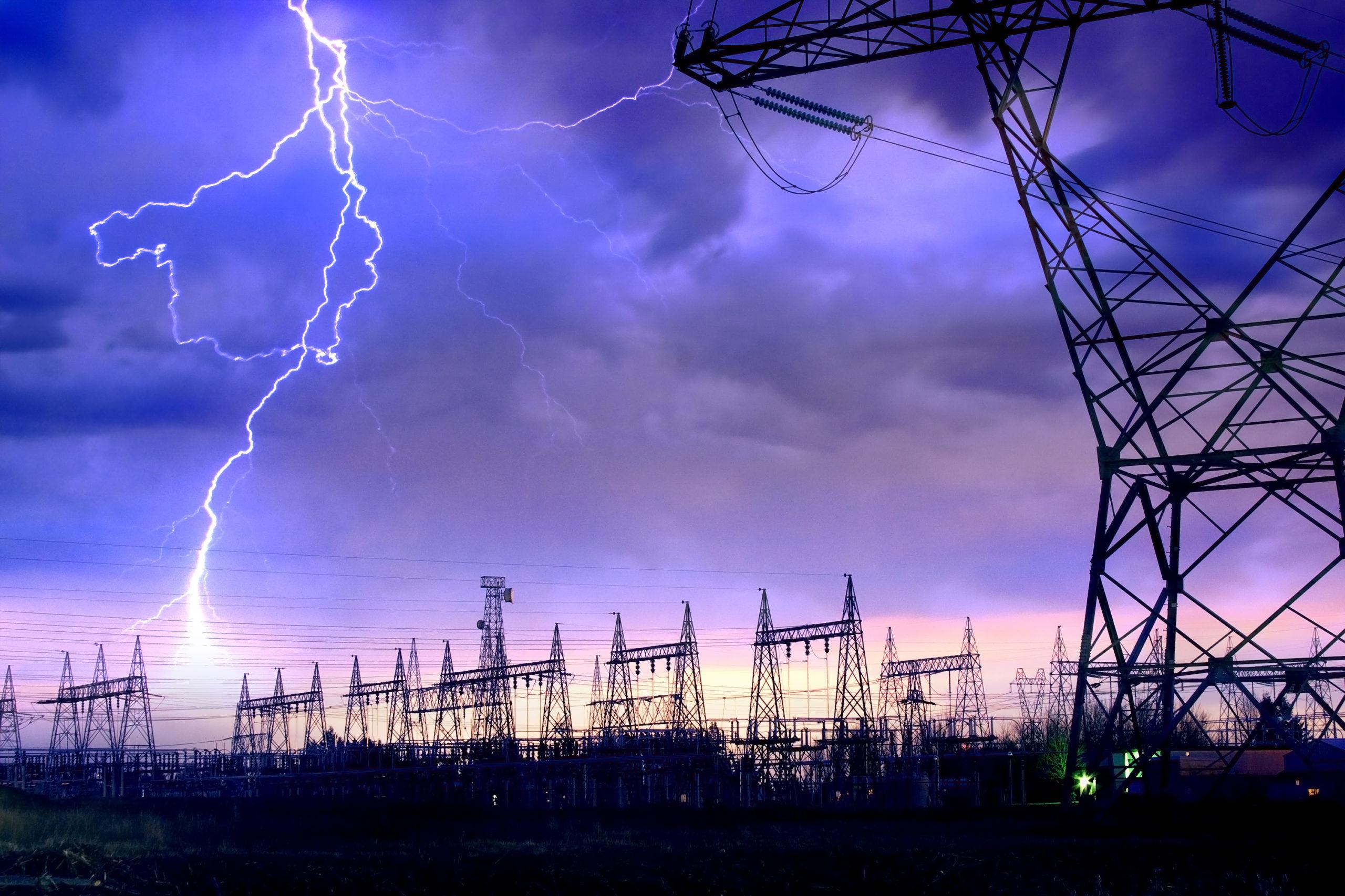Power system studies are essential for the development, design, and analysis of electric power systems. They help ensure the safety and reliability of power systems while also minimizing environmental impact. They are used to investigate the behaviour of power systems under normal and abnormal conditions and to identify and quantify the associated risks.
Various types of power studies include:
Harmonic Study and Analysis
This study aims to assess the area's harmonic footprint and, in accordance, offer remedial actions to reduce harmonic distortions, promote power conservation, and assure standard compliance.Transient Stability studies
A power system transient study uses industry-accepted mitigation techniques to reduce the negative impacts of regularly occurring transients in a power system to increase system dependability. Such power system stability studies cover rotor angle stability and voltage stability
Arc Flash Study
With the use of IEEE or NFPA equations, Arc Flash Hazard Analysis assists in determining the incidence energy levels in the event of an arc fault. This typically includes all the major power systems studies that are required for any power systems facility.
Load Flow Analysis
A load flow study is done to configure the system with known loads and ascertain how the system's current, power factor, and voltage are impacted. This investigation is crucial for figuring out whether power factor adjustment is required and how to go about doing it.
Breaker Coordination Study
The tripping timings for the sequence of overcurrent devices being compared are examined using this study, typically from the source through the biggest branch circuit device.
Voltage Drop Study
Voltage drop study and analysis are done for overvoltage study and voltage drops in the electrical circuit and network during normal and emergency processes.
Key steps in power system studies
• Measurement is the first step in any power system study. Measurement is the process of collecting data about the system. It is important to accurately measure key parameters such as voltage, current, power, and energy to properly assess the system status. This data can come from sensors, meters, and other sources. In any power system, be it a distribution network, a transmission network, or even a microgrid, these studies collect data about the current state of a power system issues which is needed to understand its behavior. This data can be used to validate models and simulations, or it can be analyzed directly to assess risk. Many different types of measurements can be taken in a power system such as voltage, power, and circuit measurements, and each type of measurement will provide valuable information about the system.
• Simulation is another important tool that is often used in conjunction with measurement in power system studies. Simulations allow for the testing of different scenarios without having to physically modify the system, which can save time and money. They also allow for a greater level of control over experimentation, as it is possible to change variables and test different combinations of conditions more easily than would be possible in the real world. These studies use computer models to simulate the behaviour of power systems under different conditions. This allows for the power system studies software to analyze a wider range of scenarios than is possible with measurements alone.
• Validation is the process of comparing the predictions made by the model to actual measurements made on the system. This comparison can be used to assess the accuracy of the model and improve it if necessary. Validation ensures that the results of the simulation accurately represent reality. There are many different ways to validate power system models. One common method is to compare the results of the model to actual measurements from the power system. This can be done by comparing voltage and current measurements from sensors in the power system to the corresponding values predicted by the model. If there is a good agreement between the two, then it can be said that the model is accurate. By comparing the results of multiple simulations, it is possible to get a more accurate picture of what is happening in the power system. In general, validation is an important step in any scientific study.
Importance of Power System Analysis
A Power system analysis and design ensure a reliable and robust electrical system that performs in all operating conditions. It is also required to plan for the future development of the current systems and analyze systems under different fault conditions and based on different scenarios. The system studies also aid in designing protection devices and investigating the system’s ability to handle minor and major interruptions or errors.
The future and purpose of power system studies are likely to focus on improving the efficiency of existing power systems and developing new, more efficient systems. As the world progresses and technology advances, the electricity demand also increases.
JEF Techno -Your Trusted Partner in Power System Studies
We at JEF Techno, are pioneers in power system study. Our expert power system consultants conduct an advanced study based on the latest Indian and international standards to ensure human and equipment safety. We provide detailed reports with findings, recommendations for corrective action, load flow analysis, short circuit analysis, breaker coordination study, and arc flash incident energy labels.
Our risk assessment reports go a step further by including Equipment Labels, establishing arch flash boundary zones, identifying safe working distances, and using suitable PPE Categories to be used for each piece of equipment.
to know more about how you can benefit from our expert power system study services.




